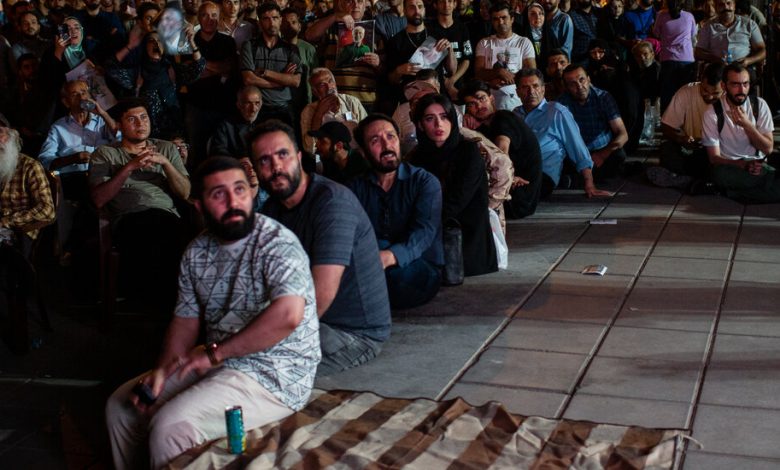Iran Voters Face Stark Choice in Competitive Presidential Runoff

One pledged he would confront Iran’s enemies, the other vowed to make peace with the world. One intends to double down on social restrictions, the other promises to ease stifling rules for young people and women. One identifies as an Islamic ideologue, the other as a pragmatic reformist.
The race to become Iran’s next president has turned into a fierce competition where, for the first time in more than a decade, the outcome is difficult to predict. The winner will be decided in a runoff on Friday after a general election the week before failed to produce a candidate with the required 50 percent of the vote.
The result may hinge on how many Iranians who sat out the vote in the general election decide to participate in the runoff. Turnout was at a record low of 40 percent last week, with the majority of Iranians boycotting the vote out of anger at the government or alienation and apathy over the failure of previous governments to produce meaningful changes.
Voters face a choice between two starkly different outlooks on how to govern the country as it faces a multitude of challenges at home and abroad. The two candidates represent polar ends of the political spectrum: an ultraconservative hard-liner known for his dogmatic ideas, Saeed Jalili; and a reformist, Dr. Masoud Pezeshkian, who has gained traction among voters by calling for moderation in both foreign and domestic policy.
Mr. Jalili rejects any accommodation with the West, saying Iran should build its economy by expanding ties with other countries, mainly Russia and China. A former nuclear negotiator, he opposed the 2015 nuclear deal for making too many concessions and supports the mandatory hijab law for women and restrictions on the internet and social media